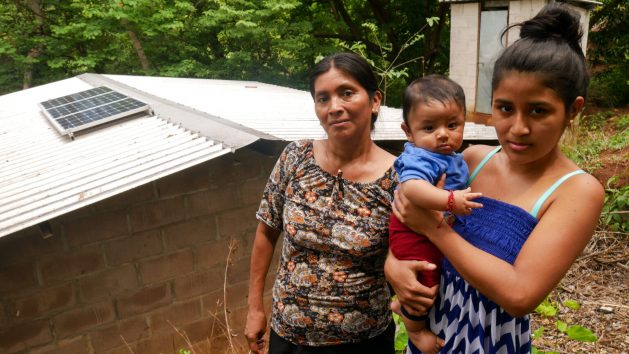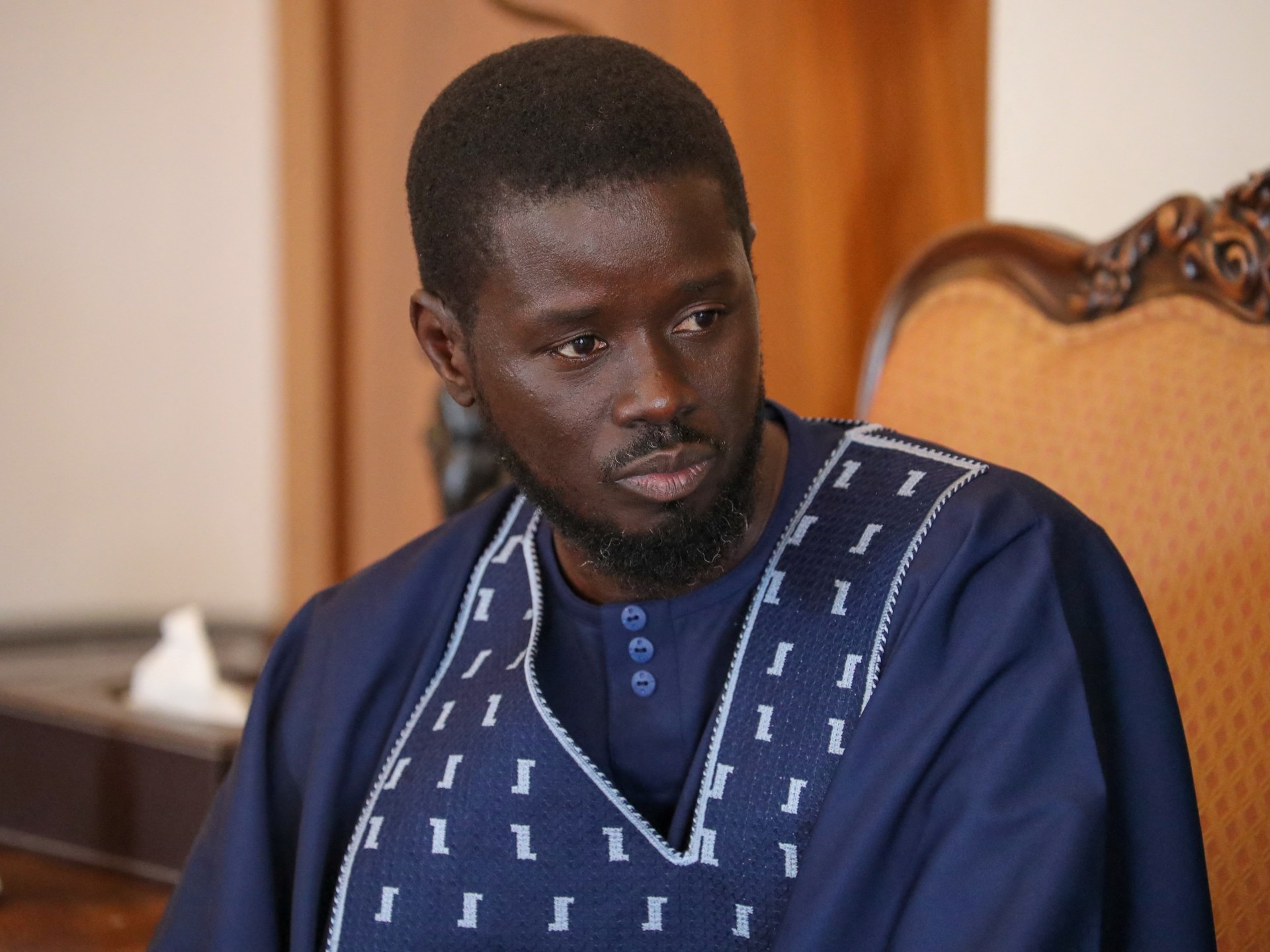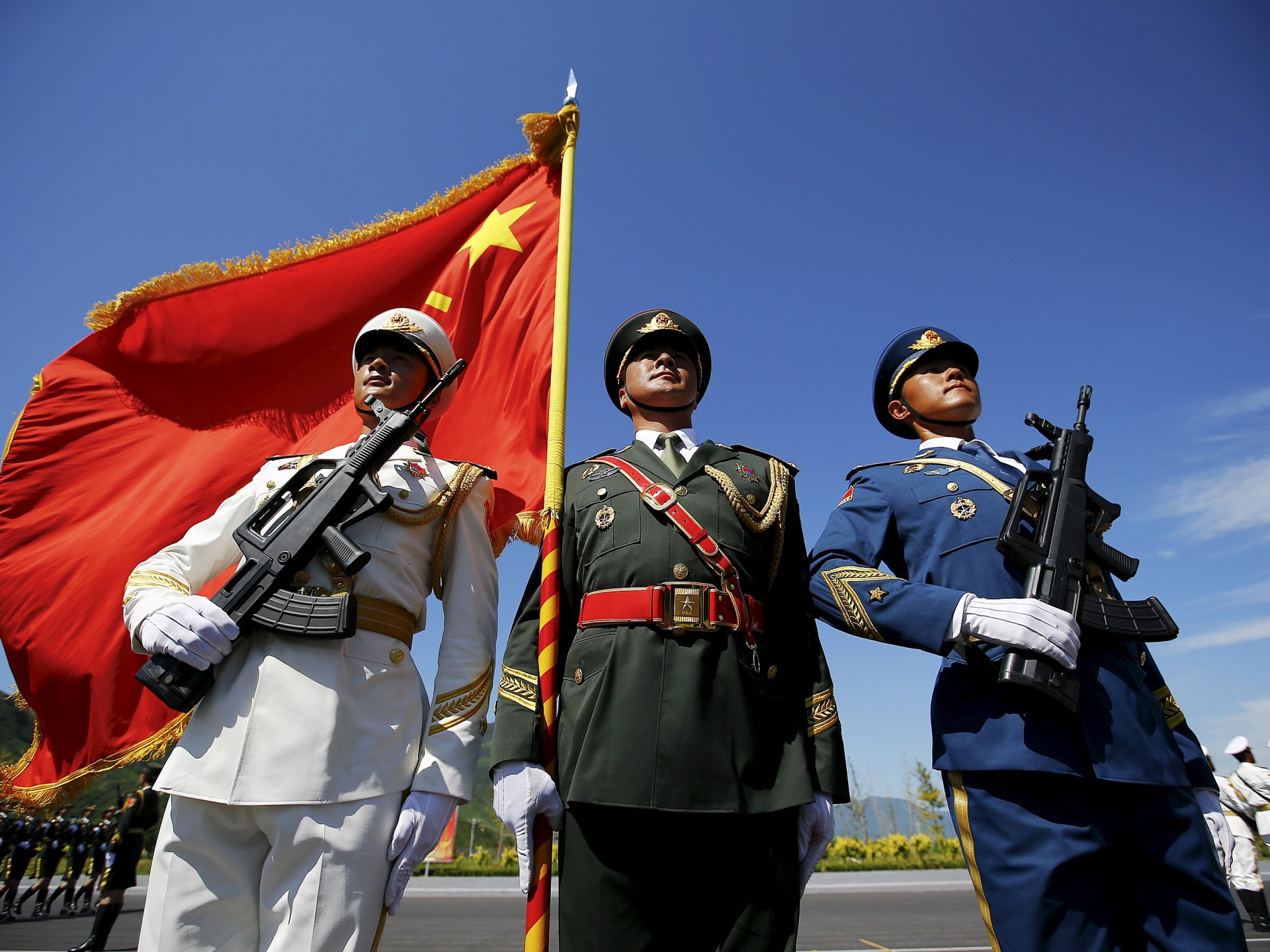South Korea, U.S. military drills begin, set to irk North Korea
The allies say the exercises are meant to improve capacity and prepare them to work together in the event of a conflict. But the drills have long been an irritant for Kim Jong Un’s regime, which views them as hostile and uses them to justify its weapons development and nuclear program. There are signs that a new cycle of escalation is already taking shape, with North Korea rejecting overtures and possibly preparing for a seventh nuclear test amid a diplomatic deadlock with Washington and shifting security dynamics in the region.
Kim Yo Jong, the North Korean leader’s influential sister, blasted South Korea last week over the military drills and rebuffed South Korean President Yoon Suk-yeol’s offer of economic benefits in exchange for denuclearization by Pyongyang. After Yoon’s announcement, North Korea launched two cruise missiles off its west coast, breaking a two-month testing hiatus.
“The U.S. and South Korea anticipate the exercises to draw an angry reaction from North Korea. But this is not a new concept. Kim has already laid the groundwork and justification for provocations,” said Soo Kim, policy analyst at the RAND Corporation in Washington. “In the face of an increasingly aggressive North Korea and little appetite for dialogue, the bandwidth to engage with the Kim regime seems very, very narrow at this point.”
The return of full-scale exercises, which run through Sept. 1, reflects the new conservative South Korean administration’s efforts to work more closely with the United States in responding to rising threats from North Korea, which carried out a volley of missile tests earlier this year.
Yet some experts warn that the U.S.-South Korea drills risk contributing to an increasingly volatile security climate in the region, as U.S. strategic competition with China intensifies and Beijing steps up military threats against Taiwan.
“While the allies’ exercises target North Korea threats, they have a multipurpose capability that can be leveraged in the wake of rising Asia tensions sparked by China risks,” said Hong Min, a senior fellow at the Korea Institute for National Unification in Seoul.
Preparations for the drills began last week with preliminary exercises between U.S. and South Korean forces. Earlier this month in Hawaii, the United States conducted missile defense exercises with South Korea and Japan for the first time since 2017, further demonstrating how the allies are seeking to work together under their respective new leaders.
“It demonstrates acknowledgment among all three governments of how intertwined their national security interests are, and the real need to advance their ability to operate together militarily to overcome challenges related to the military modernization of their adversaries” and to improve their ability to coordinate missile defense efforts, said S. Paul Choi, principal at StratWays Group, a Seoul-based geopolitical risk advisory firm.
In years of often fruitless negotiations with its neighbor, South Korea’s leaders have routinely dangled economic incentives for Pyongyang to give up its nuclear weapons.
Last week, three months into his term, Yoon pitched his offer: Seoul would help with food aid, health care, agriculture and infrastructure in return for the North demonstrating a “firm will” for disarmament. But his proposal did not address the North’s desire for relief from international sanctions, and nor did it include security guarantees — raising concerns among some North Korea analysts that Yoon’s proposal echoed past failed efforts.
At the same time, Yoon has emphasized the need to be ready to counter any military threat, including by developing preemptive-strike capabilities in case of an imminent nuclear attack from the North.
“No matter how audacious the initiative is, we cannot make a concession in certain areas, one of which is the South Korea-U.S. joint military exercises,” Kwon Young-se, the Yoon government’s top official on inter-Korean ties, said in a radio interview last week.
Under the previous U.S. and South Korean administrations, the allies suspended or scaled back their drills as they worked to engage North Korea through diplomacy and denuclearization talks.
But the talks collapsed three years ago, and the situation has evolved along with North Korea’s weapons development.
“The decision to resume training in full scale reflects the shared position of the Yoon and Biden administrations that diplomacy should be based foremost on a strong defense posture, and that advancing the ability of the alliance to deter North Korea should be prioritized,” Choi said. “It demonstrates a shared understanding of North Korean intent and the need to bolster the alliance’s defense posture in response to advances in North Korean military capabilities, as well as shifting regional and global security dynamics.”
In recent years, the two countries sometimes held computer simulation exercises, which experts say could not adequately replicate field exercises. Kim, of RAND, said full-scale drills are vital given rising threats of conflict throughout Northeast Asia and are a way of signaling to North Korea that the allies are no longer “tiptoeing around Kim lest we provoke him.”
“This is a step towards normalizing alliance military coordination and training. We’re picking up where we left off after hitting the snooze button for several years,” she said.
In previous years, North Korea has typically responded to U.S.-South Korea exercises by launching missiles or sending army units to the demilitarized zone, as well as verbal attacks. In an interview with Associated Press Television last month, Choe Jin, deputy director of a think tank run by the North Korean Foreign Ministry, warned of “unprecedented” security challenges in response to the drills.
Kim Yo Jong, the North Korean leader’s sister who often serves as a public-facing critic on behalf of the regime, was quoted in state media on Friday slamming Yoon and his economic outreach. She called the South Korean president “a knave who talks about ‘bold plan’ today and stages anti-north war exercises tomorrow.”
Check out our Latest News and Follow us at Facebook
Original Source







